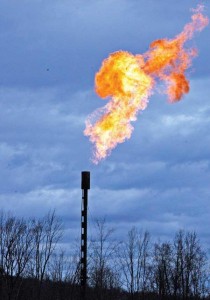Texas Railroad Commission data from July shows the Eagle Ford produced approximately 310,000 b/d of crude oil. Unless the industry has gotten more timely at reporting figures, that number is likely conservative. If recent trends prove true, July's figures could be revised upwards by as much as 10%, which puts crude oil production near 350,000 b/d today. Railroad Commission data also shows the play produced over 50,000 b/d of condensate and 1.21 Bcf/d of natural gas. As pipeline and gathering systems expand, natural gas production will show itself to have considerable upside from where it stands now. Many wells are brought to production before natural gas pipelines are tied in, but that number is decreasing as midstream companies catch up to the operators.
Texas Oil Production Poised to Set New Highs
Texas oil production has risen to levels not seen since the early 90s and late 80s. The state has the potential to break 2 mmbbls/d of production by year-end. It has been more than 20 years since the state produced this much crude. Both the West Texas Permian Basin and the Eagle Ford are driving production growth and don't expect it to stop any time soon. I've seen predictions for Eagle Ford crude and condensate production to grow by as much as 400,000-500,000 b/d by year-end 2013



